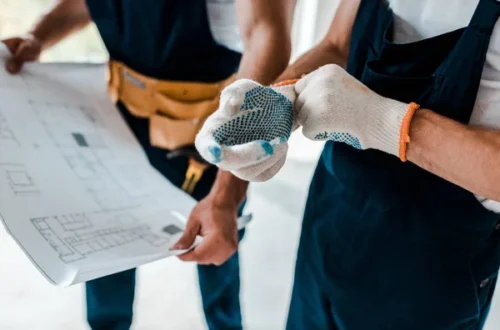The physical therapist you choose will be a partner on your road to recovery. Make sure you get to know them before committing to them.
It’s okay to politely request a different therapist if you and them don’t click. The key is finding a practice that prioritizes your needs. Learn how physical therapy at la clinica can effectively relieve joint discomfort with tips.
1. Look for Experience
The therapist you choose will have a big impact on your recovery, so it’s important to find one who has the right experience. Look for a therapist who has worked with people in your situation before and can provide you with a detailed plan on how to manage your symptoms and pain.
Ask prospective therapists about their past experiences and the types of injuries they’ve helped treat. The more experience they have treating your specific injury, the better your results will be.
Inquire about the number of years the therapist has been practicing physical therapy and check to see if they have advanced training certifications, such as OCS (orthopedic certified specialist) or SCS (sports certified specialist). If they do, that could be a good sign that they’re dedicated to their career and committed to learning and improving their techniques. Also, make sure they’re in-network with your insurance provider to maximize coverage and avoid out-of-pocket costs.
2. Look for Qualifications
As you begin looking for a physical therapist, be sure to verify that they have the appropriate licenses and credentials. Check out their website or call them to ask about their education, training, and experience. You can also consult your orthopedic doctor for recommendations.
Make sure your PT of choice accepts your insurance, and check the requirements for your plan’s coverage. Ask about the number of sessions required, pre-authorization, and any copays or deductibles.
Having a physical therapist close to home or work is also important to ensure consistency in your care. You will likely be making visits for several weeks, so finding one that fits your schedule is essential.
You may also want to consider a PT with additional qualifications such as an orthopedic clinical specialist or sports clinical specialist, dry needling certification, and strength and conditioning specialty. These additional qualifications require additional post-graduate training and certification. These therapists are better equipped to treat more complex injuries.
3. Look for a Reputation
A good reputation is a big indicator that a physical therapist has been doing his or her job well. This will make you feel confident that you’re in good hands and your therapist has the expertise to get you better.
Whether you’re suffering from back pain or dealing with the aches of rheumatoid arthritis, it’s important to find the right physical therapist. They can help alleviate your symptoms, strengthen your muscles and improve functional mobility. In addition, they can help you avoid unnecessary surgery and the need for prescription painkillers.
It’s also a great idea to ask friends and family for recommendations. They can share their experiences with you and give you an insider’s perspective. Moreover, you can do a quick search on the internet to look for customer reviews. You should also check if the physical therapy center has testimonials and what they are claiming about their services. This way, you can make an informed decision about your treatment.
4. Look for Personality
It’s important that you and your physical therapist work well together. After all, you’ll be spending up to 12 weeks working closely with one another.
You want a person with good communication skills and the ability to create a trusting relationship. They should also be honest with you and have a strong work ethic.
They should also be willing to try different treatment techniques and recognize when something isn’t working. This type of openness to new ideas is essential for finding the right treatment for your specific needs.




